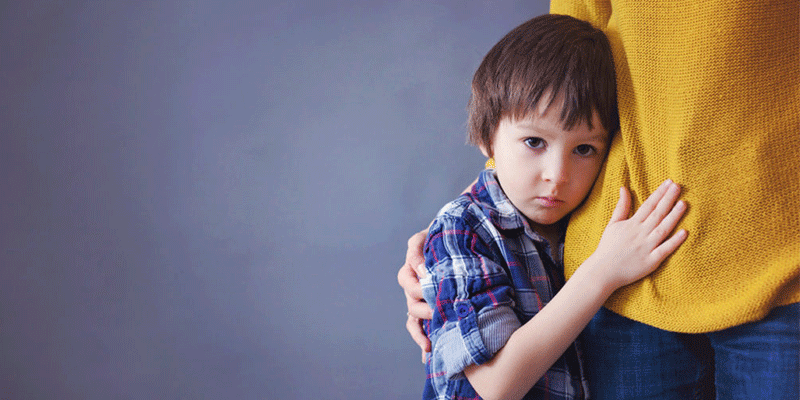
Neglected children
Neglected children, on the other hand, are not overtly rejected and teased but are often just ignored, forgotten, not invited to parties, and are the last ones picked for a team. These youngsters may be perceived as loners but might be passive and detest their isolation. Others may actually prefer to be alone. This latter group might be respected and admired by others but simply feel more comfortable in solitary pursuits or in spending time with parents, siblings other adults, or even pets. They may also lack the social skills and self-confidence necessary for them to enter social arenas, often because of limited social experiences. Or they may be more shy, quiet and reserved than most of their peers.
How parents can help
Successful peer interactions require a variety of skills and special ways of interacting. Parents should look for these skills in their children and help develop and model them.
- Coping with failure and frustration
- Coping with success
- Coping with change and transitions
- Coping with rejection and teasing
- Managing anger
- Using humor
- Forgiving
- Apologizing
- Refusing to accept a dare
- Thinking up fun things to do
- Expressing affection
- Avoiding dangerous situations
- Defending himself
- Comforting someone
- Sharing
- Making requests
- Self-disclosure
- Giving a compliment
- Expressing appreciation
- Coping with loss
- Sticking up for a friend
- Doing favors
- Asking for help
- Helping others
- Keeping secrets
Last Updated 11/2/2009
Source Caring for Your School-Age Child: Ages 5 to 12 (Copyright © 2004 American Academy of Pediatrics)
The information contained on this Web site should not be used as a substitute for the medical care and advice of your pediatrician. There may be variations in treatment that your pediatrician may recommend based on individual facts and circumstances.






